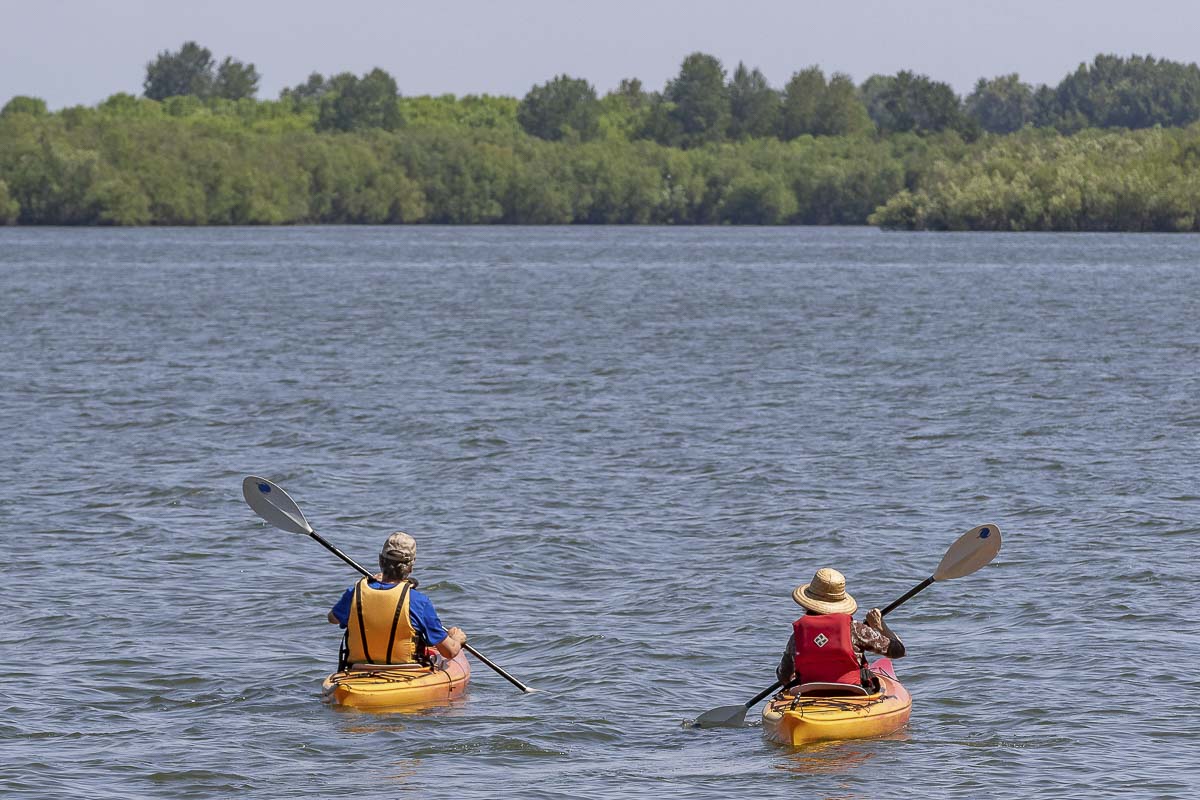Public Health has been monitoring blooms of cyanobacteria, also known as blue-green algae, at Vancouver Lake since June 12
VANCOUVER — Clark County Public Health has upgraded its advisory at Vancouver Lake after test results revealed elevated levels of cyanotoxins in the water. Public Health is advising people to avoid direct contact with all water in Vancouver Lake.
Public Health has been monitoring blooms of cyanobacteria, also known as blue-green algae, at Vancouver Lake since June 12.

Results from water samples taken from Vancouver Lake on Monday revealed cyanotoxins above the threshold levels recommended by the Washington Department of Health. The caution signs at the lake are being replaced with warning signs.
Cyanotoxins can be harmful to people, especially young children, and deadly for small pets that drink the water. Health officials recommend:
- No swimming, water skiing, paddle boarding, kayaking or canoeing.
- No drinking lake water.
- No water contact for animals.
- Cleaning fish well and discarding organs.
- Avoiding areas of scum when using motorized boats.
Public Health will continue to monitor Vancouver Lake throughout the summer and, as long as blooms are present, take weekly water samples to test toxin levels. Signs will be updated as conditions change.
Vancouver Lake Regional Park remains open. Water in park restrooms and shelters is not affected by lake water and remains safe to drink.
Additional information about blue-green algae and current advisories are posted on the Public Health public beach website. To report algae blooms in other bodies of water, visit the Public Health website.
Information provided by Clark Co. WA Communications.




